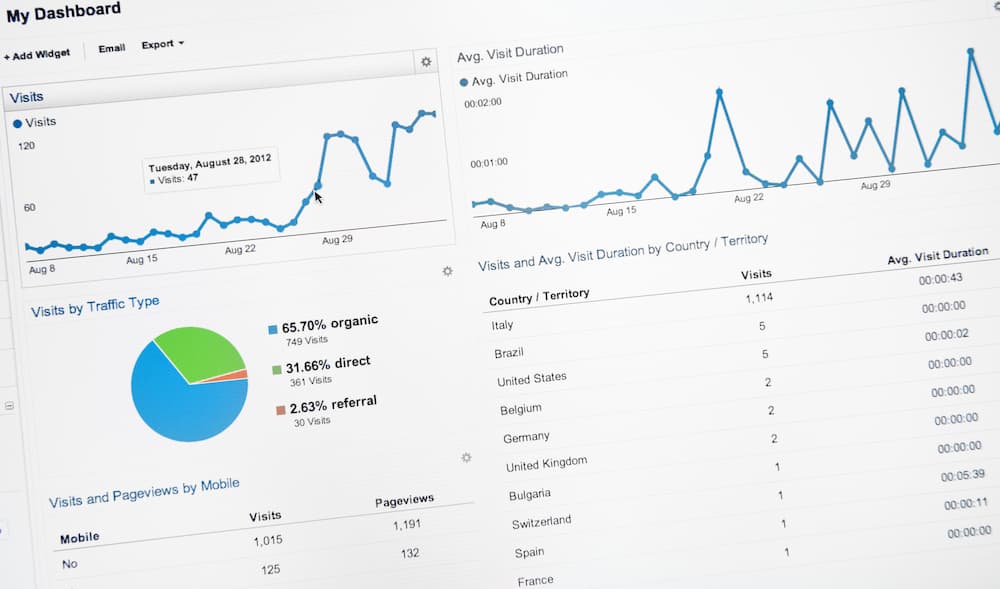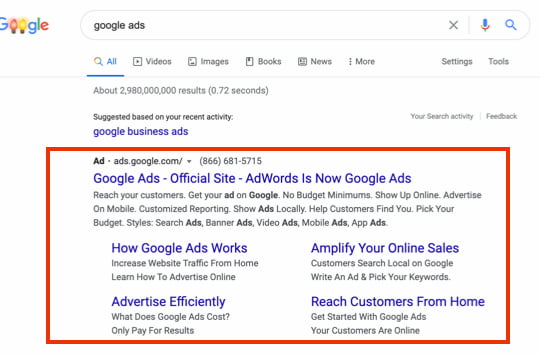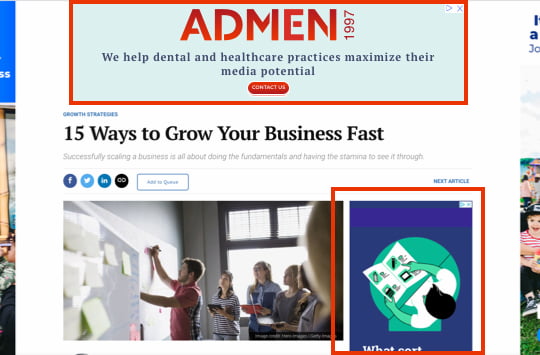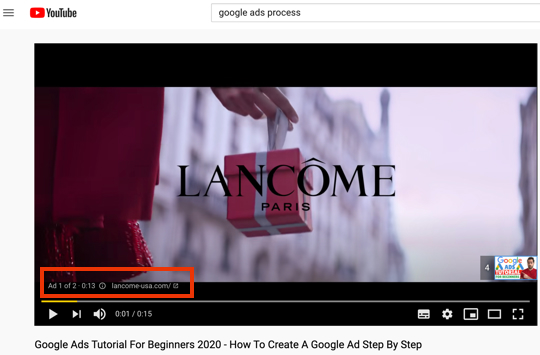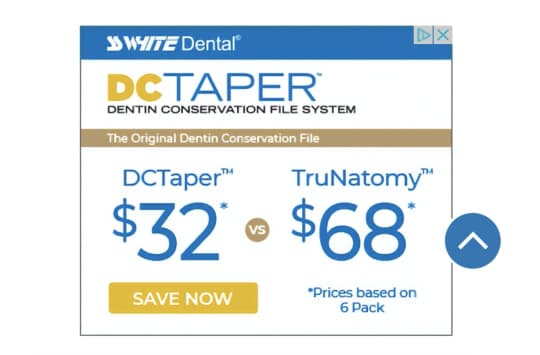What Makes Google Ads So Effective?
Google is the most popular search network in the world. With over 1.17 billion users and 2.3 million searches per second, it’s also the biggest website in the world. As an advertiser, it makes sense to be visible where such an enormous audience is available to you.
While organic reach and earning a top position on search engine results pages (SERPS) will always have value for your business, relying solely on SEO is not practical for long-term success. When you use a pay-per-click (PPC) channel like Google Ads (previously known as Adwords), you’re guaranteed to appear on the Google search page or any of the other sites in Google’s network that you choose to target. You’ll also be able to better segment your audience and filter for variables like time of day, location, device type, and keyword phrases. It can take quite a long time and a good deal of effort to appear at the top of organic search results, but with Google Ads, you’re guaranteed to be positioned in a prime spot.
It’s often difficult to determine the effectiveness of your marketing investments, but with Google Ads, you can easily identify the specific elements that result in click-throughs. Performance metrics available for PPC campaigns allow you to understand what worked so you can do more of the same in future efforts.
You’ll also have access to other top-performing areas of the Google network, like YouTube, Gmail, Google Shopping, Google Maps and hundreds of other sites that partner with Google.
Managing a Google Ads campaign requires experience and skill, and it can be challenging if you haven’t previously used PPC in your digital mix. The staff at Admen understands how to get the most value from Google Ads and can devote the time needed to monitor, evaluate, and tweak the results.

